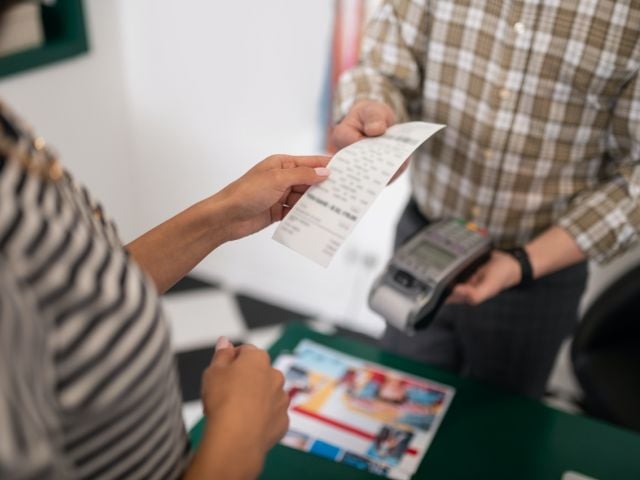In 2007 we tested canned food for BPA because the can linings contain the chemical, and we suspected it might leach into the food. And, as we all know now, it does.
Since there are no government safety standards limiting the amount of BPA in canned food, avoiding canned food where possible seems like a pretty good idea, doesn't it? Especially if you've got young kids, whose smaller, developing bodies are more susceptible to toxic exposures. A dose of our own medicine Since discovering high levels of BPA - a synthetic estrogen - in over half of 97 cans of name-brand fruit, vegetables, soda, and other commonly eaten canned goods in 2007, we've suggested that people find alternatives to canned food to reduce their exposure to BPA.
But is that easier said than done? Is that really a practical recommendation?
We think it is, but just to be sure, 4 EWG staffers decided to put ourselves to the test.
Tips from the experts on eating without "the can" Since my pantry does in fact contain more than a few cans (beans, tomatoes, artichoke hearts, and lentil soup, to name a few), I called in the experts for tips on how to survive the week.
Kari Hamerschlagg, EWG Senior Analyst and organics expert and Alexandra Zissu, author of The Conscious Kitchen, offered these 8 tips for eating without canned food:
- Have fresh fruits and veggies on hand. With fresh veggies in the 'crisper,' it's easy to cook something fresh, even at the last minute. Consider a farm-to-door delivery if it's available near you (often called Community Supported Agriculture, or CSA)
- Choose frozen fruits and vegetables - handily stored in your freezer - when fresh isn't an option. Flash frozen veggies are just as quick as canned, but safer.
- Go with dried beans. Pre-cooked canned beans are mighty convenient, but cooking dried is cheaper and pretty simple, with a little forethought. If you're eternally time-pressed (that's me), consider a pressure cooker. They cook fast, use less energy, and are available in stainless steel. Another trick: freeze them once cooked so they're there when you'd otherwise reach for that can. (Yes, you can get beans in a BPA-free can; but this is way cheaper).
- Cook ahead when there's time - and freeze some. Many of us reach for the cans when it's 5 minutes till dinner and we've just walked in the door. Cooking ahead (Sunday afternoon?) prevents those last-minute dinner panics.
- Have recipes on hand that don't call for canned foods. It's all about readiness and convenience for many of us, so if you have recipes that work for your family and don't call for canned foods, skipping the cans will be that much easier.
- Make soup from scratch - it's super easy, whatever the season. Ready-made soup is one of those typically canned foods, and it can be tempting to "prepare" an entire meal by dumping the contents of a can into a pan and heating it. Canned lentil soup, for example, is a mainstay at our house for quick kid dinners. But if you make a little extra and freeze it, home-made soup can be just as convenient.
- Find the same foods in safer containers. Foods that typically come in cans can sometimes be found in other, safer containers - glass, for example. (I just bought tomato paste in a glass jar last week, something I've traditionally found in a can). When we choose safer alternatives, we send signals to manufacturers and retailers about what we want. Price and availability, of course, may be factors.
- Have a baby? Choose powdered infant formula - not liquid. Liquid formulas have higher levels of BPA, so powdered is a better bet. If your pediatrician recommends liquid formula, choose the types sold in plastic containers and avoid ready-to-eat. Learn more about choosing & using infant formula.
Check back next week to see how we do. One thing I know will be a challenge: eating out and traveling (with kids! in the car!) - both of which are on my calendar.
How do YOU avoid canned foods?



